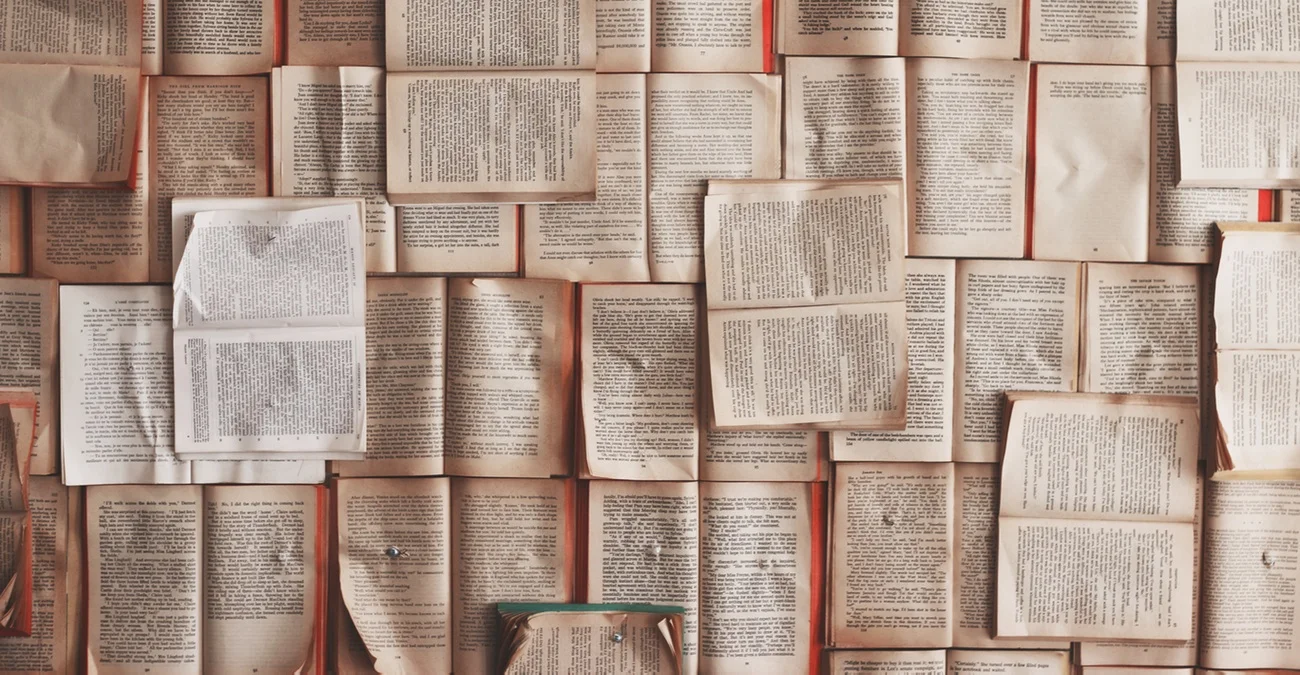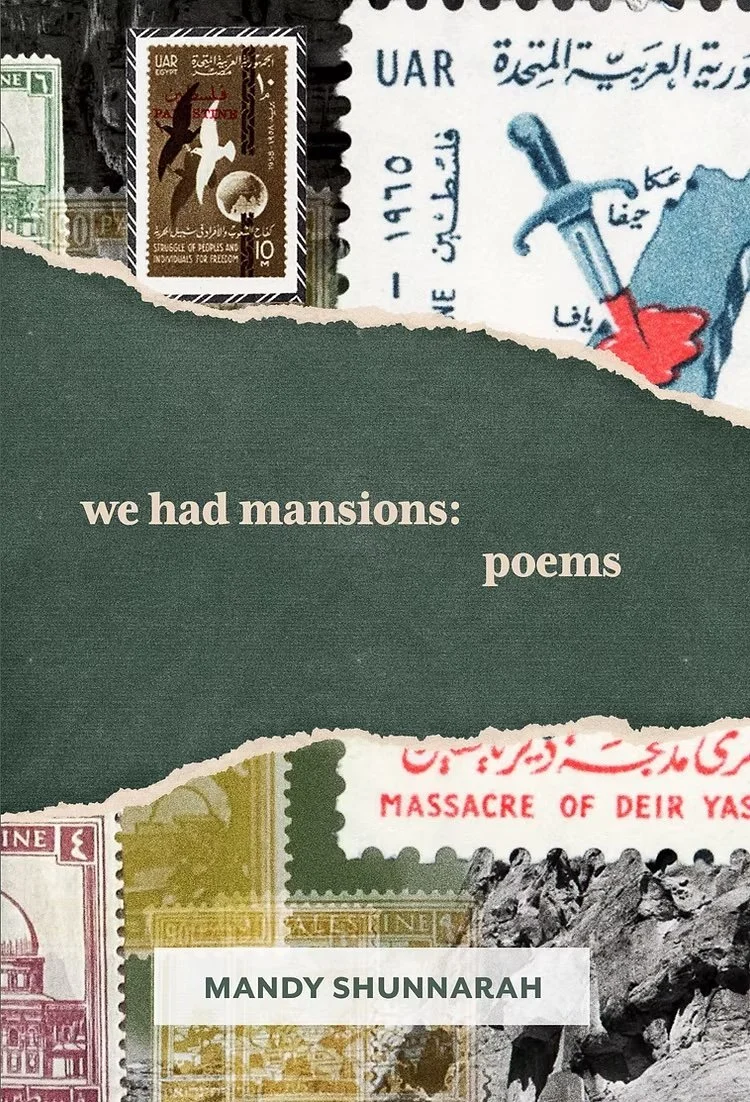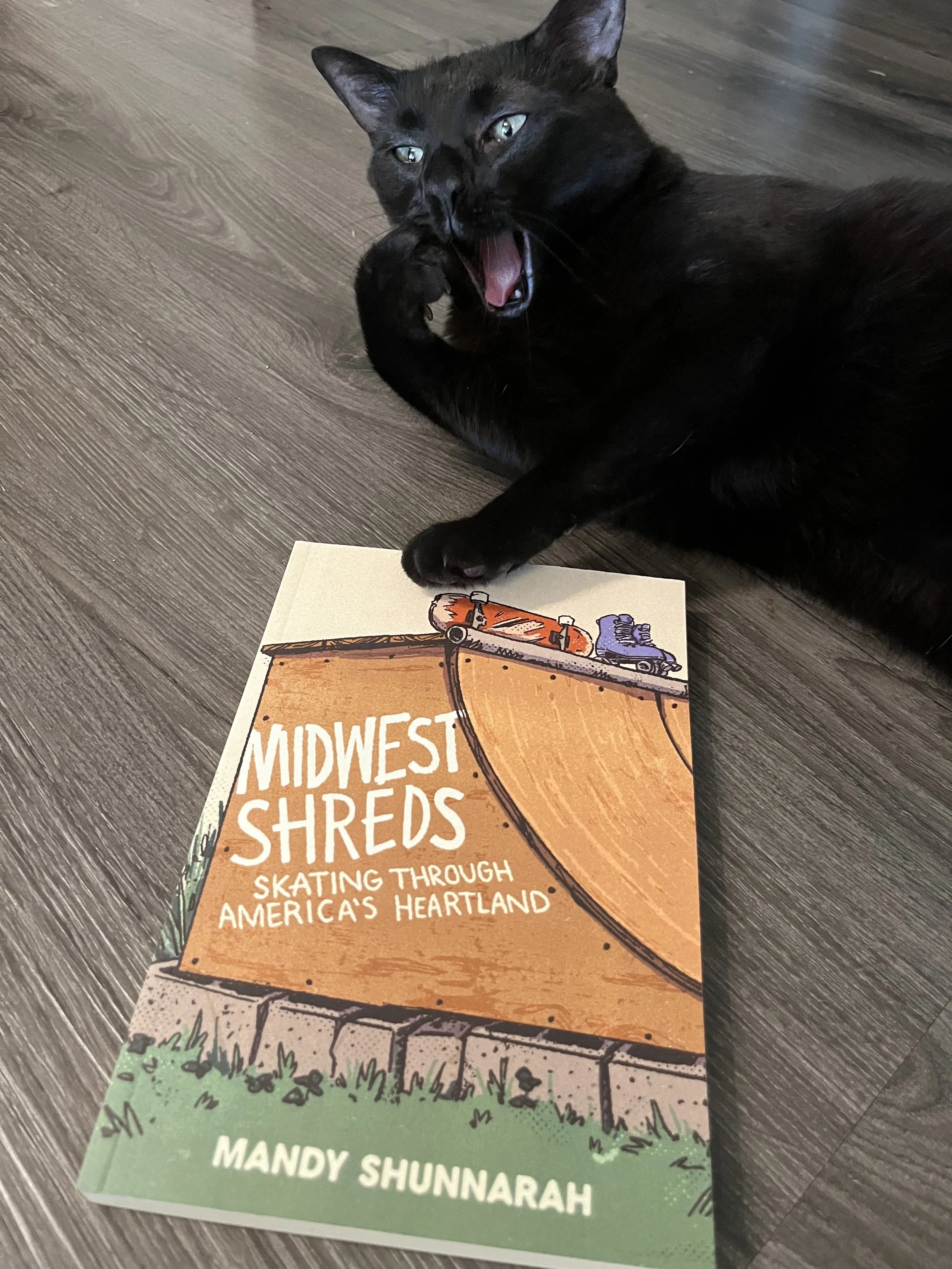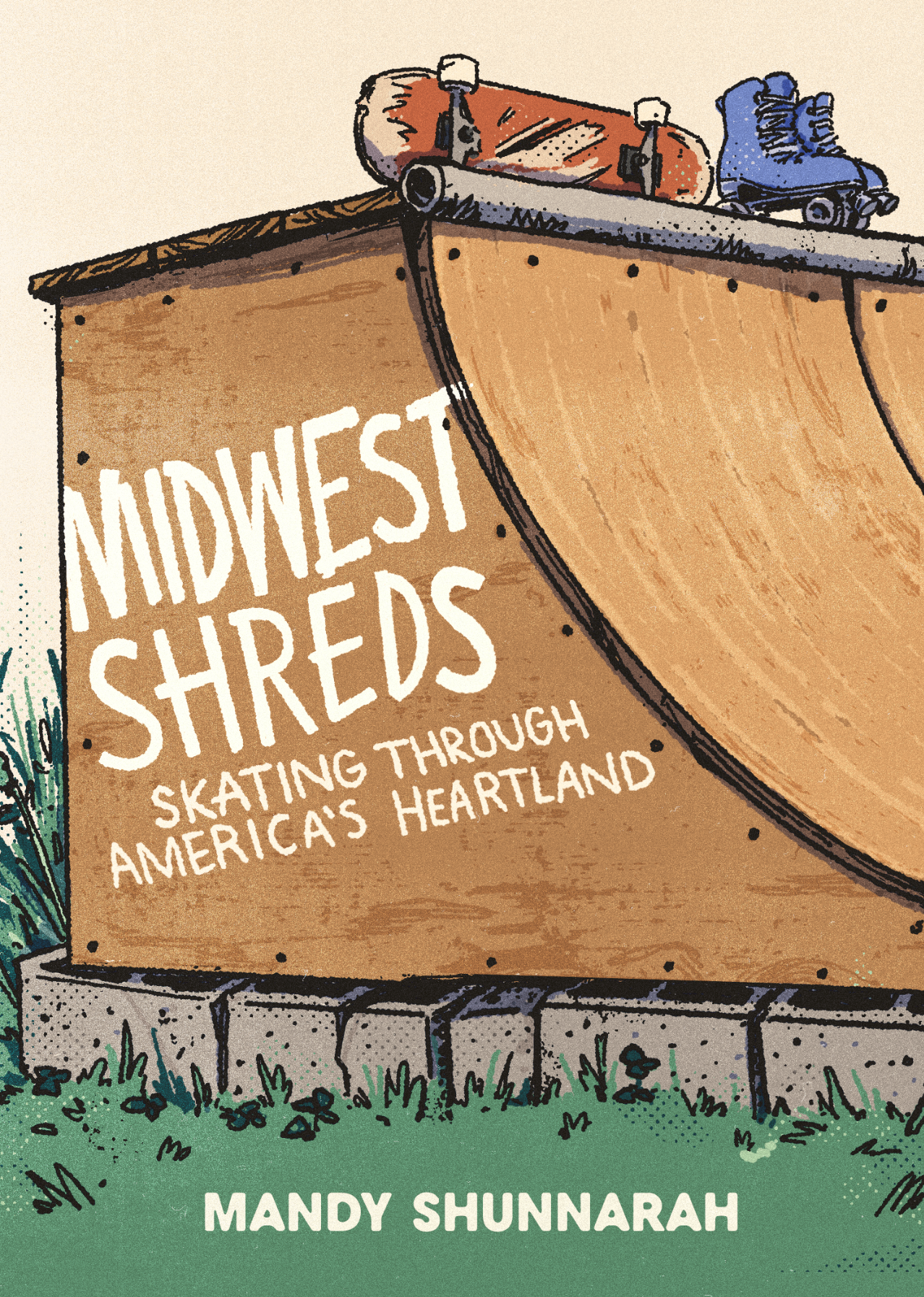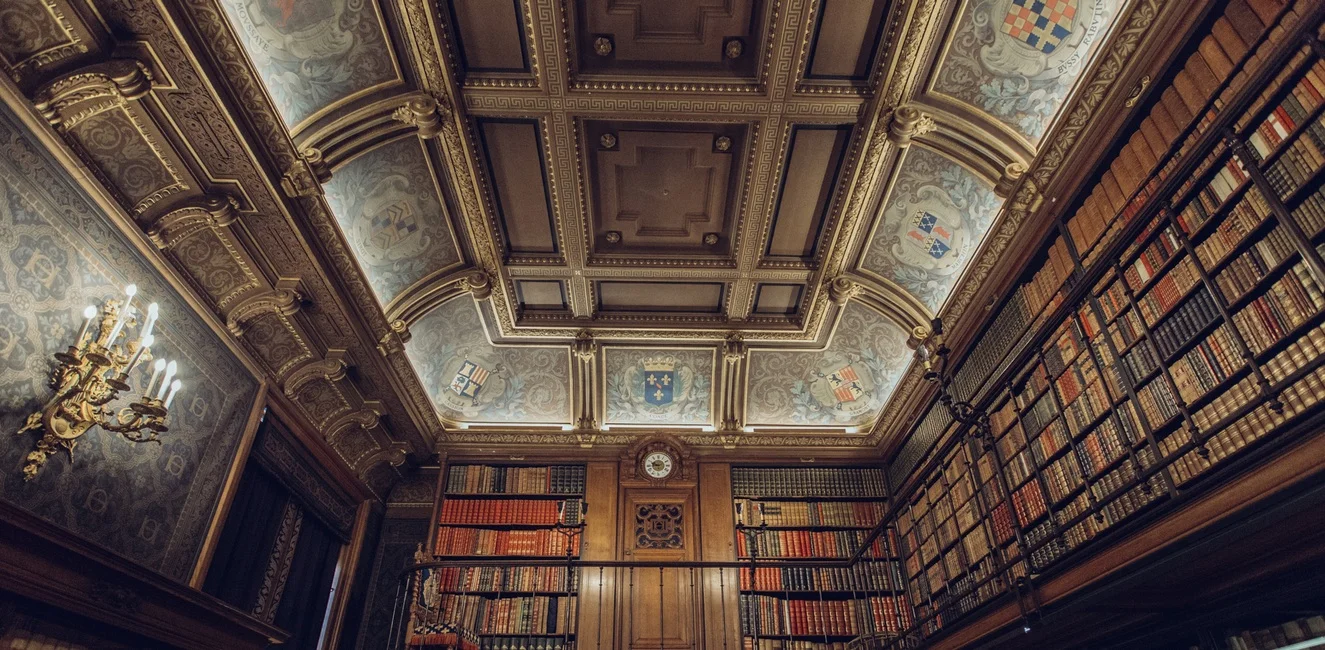Orphan Works: Books Copyright Law Won't Let Us Read
Source: unsplash
Even though I'm only in my first semester, I've learned a number of interesting things pursuing my masters in library and information science. But perhaps the most interesting thing I've learned about so far is the problem of orphan works in the U.S. Translation: There are hundreds of thousands, if not millions, of works that the government won't let us read due to extreme copyright laws.
Allow me to elaborate. Say you're an author. Your work is protected by copyright at the time of its inception, but say you register for an official copyright with the U.S. copyright office when your work has been completed. Congrats! You're registered at the copyright office where your work is legally protected for the duration of your life plus seventy years. Now, say that your masterpiece isn't a bestseller. And say you don't specify who you'd like the copyright to pass to when you die. Oh, no! You died. Your masterpiece is now in limbo--completely inaccessible to anyone who might want to read it for the next 70 years. Your work is still legally protected by copyright law, yet permission to use your work is impossible to obtain due to the fact you're dead.
This is the problem of orphaned works: "works that are under copyright protection, but whose owners are difficult or impossible to locate, often due to death... Many works that are, in fact, abandoned by owners are withheld from public view and circulation because of uncertainty about the owner and the risk of liability," explained Abigail McDermott in her article "Copyright: Regulation Out of Line with Our Digital Reality?"
For works that sell well, the creator will almost always specify a person they would like the copyright to pass to at the time of the creator's death, and this person can then decide if they want to financially benefit on sales of the work or if he/she wants to add it to the public domain. But for works that don't sell well, oftentimes they fall between the cracks and become inaccessible to the public for decades. Copyright holders that are not receiving royalties from their work are not required to notify the copyright office when they move, nor does the U.S. copyright office scour death records checking to see if any copyright without heirs holders have died.
What's the big deal, you ask? The works didn't sell well, so they can't be all that good. While that might be true in some cases, orphan works still have value. "A study of orphan works in the collections of United Kingdom public sector institutions found that these works are likely to have little commercial value, but 'high academic and cultural significance,' and when contacted, these difficult-to-trace rights holders often grant permission for reproduction without asking for compensation. Put another way, orphan works are essentially 'locking up culture and other public sector content and preventing organizations from serving the public interest,'" said McDermott.
Think of what having access to hundreds of thousands of materials for free might do for education. Think about all the films that could be shown at fundraisers for nonprofits, and all the out-of-print books that could be digitized, and all the music on LP and cassette that could be converted to .mp3 files, and all the play scripts that could be copied for cast members of theater groups in schools and communities--all without the fear of being sued. Education (and thereby libraries) have already benefitted from the plethora of information being generated and made available thanks to the Internet. More of the same would only provide more materials for classrooms and foster self-education.
"If there were a clause that would allow these works to pass into the public domain if the copyright holder's heirs did not actively renew copyright for another term, then these materials would be far less likely to fall into legal limbo," said McDermott. While there is a fair use clause, which allows not-for-profit organizations and individuals to claim rights to reproduce works. However, if the organization or individual does not make sufficient efforts to contact the creator and the creator is found to be alive and wants to invoke copyright law, courts likely rule in favor of the creator.
Today, there are plenty of copyrighted works that can be accessed digitally. But every copyrighted work that was created before the digital era and that falls into this legal limbo is inaccessible.
Personally, I can appreciate the effort to protect copyright holders. I know how I'd feel if my work were stolen without my permission. But if I make myself difficult to find and/or don't leave a copyright heir in the event of my death, I'm essentially abdicating my responsibilities as a copyright holder. I think orphaned works ought to automatically circulate into the public domain so they can be of use where they are needed. To me, to prevent the public from accessing or using works that--in theory--should be in the public domain is a form of censorship.

